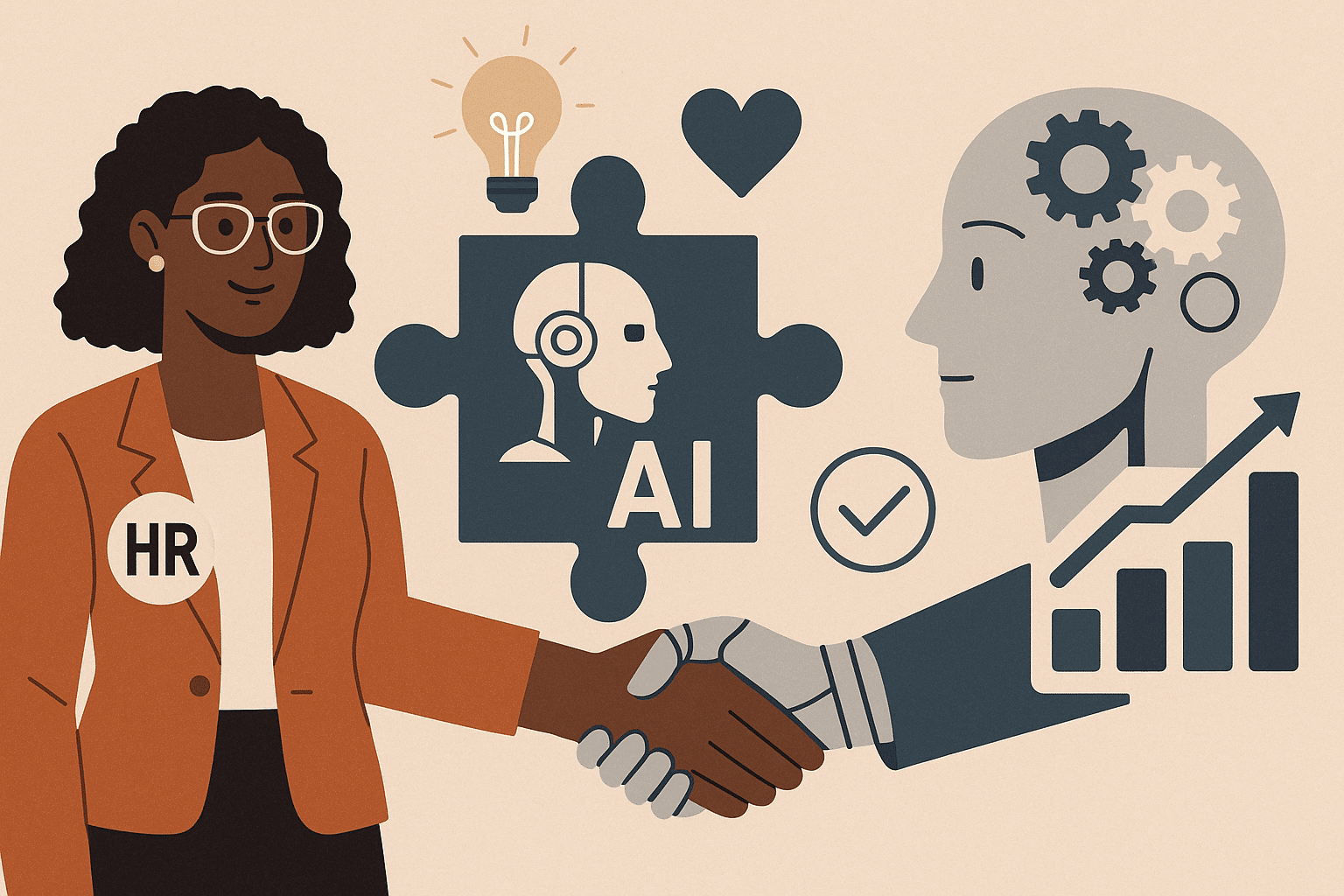
In an ever-evolving professional world, the integration of artificial intelligence is not only transforming operational processes but also the way individuals interact.
Interpersonal communication, essential to the smooth functioning of teams, is particularly affected by these technological advancements.
Interpersonal communication in the age of AI
Definition and importance of interpersonal communication
Interpersonal communication is defined as the exchange of information, ideas, and feelings between two or more people. It plays a crucial role in employee satisfaction and motivation, as well as in the overall success of an organization.
In an environment where remote work is becoming the norm, this form of communication is being put to the test.
According to a 2023 study conducted by IFOP for Julhiet Sterwen, 36% of remote workers feel a gap in their interpersonal interactions.
The impact of AI on human interactions
AI has the potential to automate many tasks, freeing up time for employees to focus on more meaningful interactions.
However, this automation also presents challenges.
While AI tools can facilitate the transmission of information, they cannot replace the nuances of non-verbal communication, which accounts for 55% of human interaction.
This means that although exchanges may be faster through digital platforms, they often lack depth and empathy.
Challenges of digital communication
Platforms like Teams or Zoom allow teams to stay connected, but they significantly reduce non-verbal cues. Facial expressions and eye contact are often lost in these formats.
As a result, employees must learn to adapt their communication styles to compensate for this loss.
This includes using effective paraverbal language, which makes up 38% of the transmitted message.
Strategies to improve interpersonal communication
Active listening and empathy
To counter the negative effects of AI on interpersonal communication, it is essential to encourage active listening. This involves not only hearing the words spoken but also understanding the emotions and intentions behind them.
Managers should be trained to create a trusting environment where employees feel comfortable sharing their concerns.
Use of digital tools with discretion
Although digital tools are indispensable in today’s modern work environment, their use must be balanced with face-to-face interactions whenever possible.
In-person meetings foster better mutual understanding and strengthen relationships between colleagues.
Ongoing training and skill development
Companies should invest in training programs that emphasize the development of interpersonal communication skills.
This includes not only verbal and non-verbal techniques but also strategies for navigating a digital environment.
Conclusion
The impact of AI on interpersonal communication at work is undeniable.
While this technology offers opportunities to improve operational efficiency, it also presents significant challenges to human interaction.
For companies to thrive in this new environment, it is crucial to adopt strategies that promote authentic and empathetic communication.


